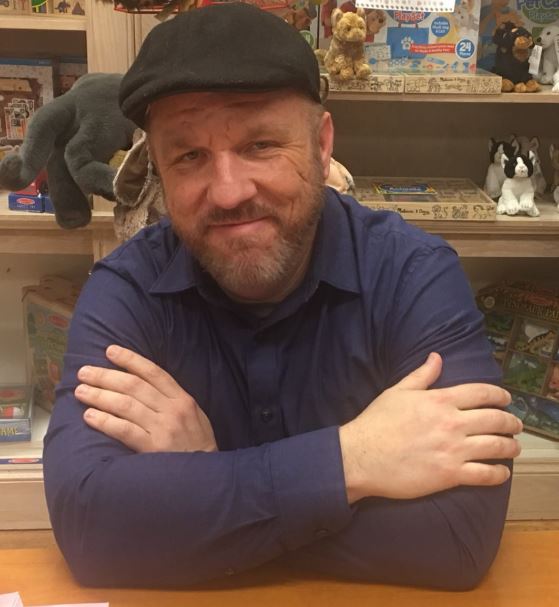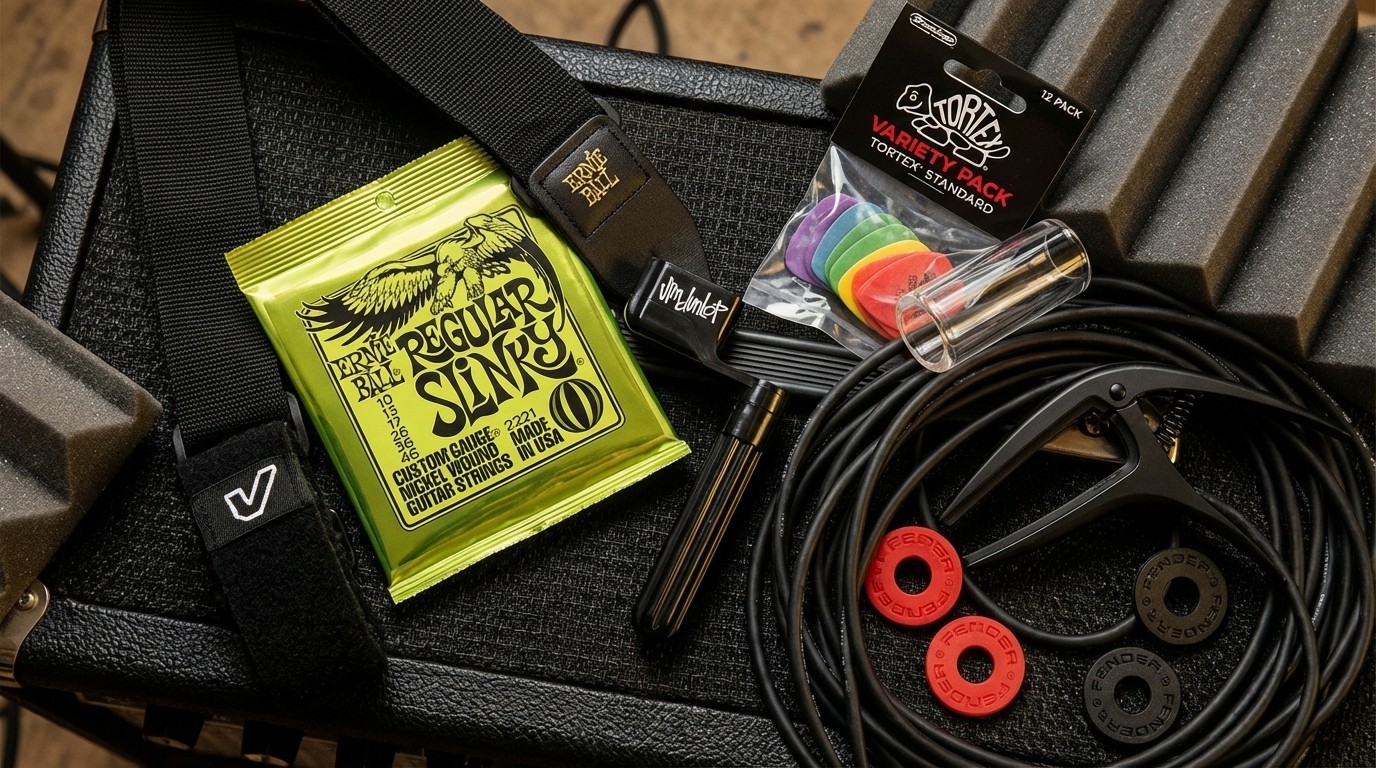Interview: Sevendust's John Connolly and Clint Lowery Discuss 'Black Out The Sun'
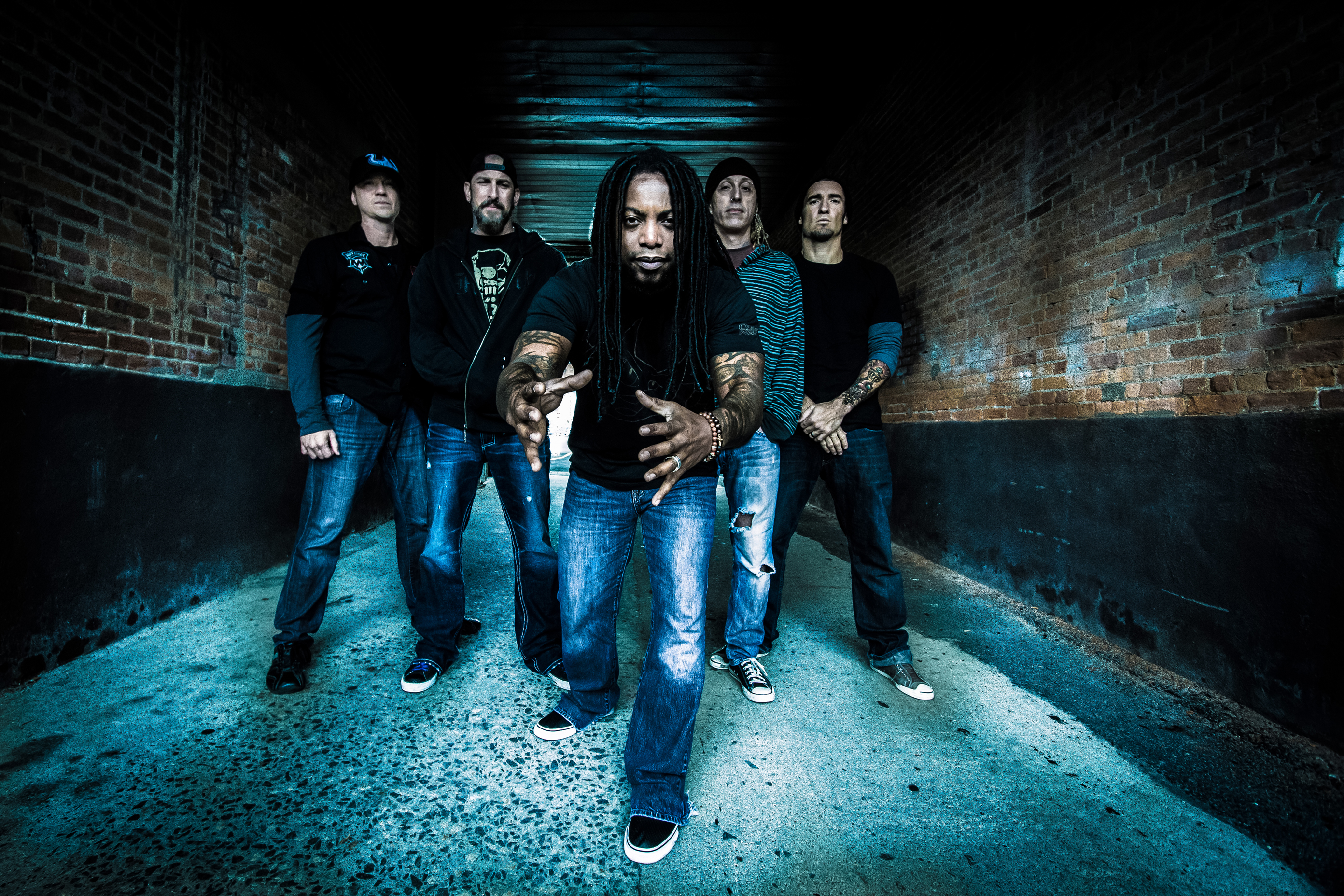
After nearly two decades together, Sevendust remain one of few bands to come out of the '90s with all five original members — John Connolly (guitar), Clint Lowery (guitar), Lajon Witherspoon (vocals), Vince Hornsby (bass) and Morgan Rose (drums) — fully intact.
It's a testament to the friendship and musicianship the band brings to their fans and each other night after night, album after album.
Sevendust's ninth studio album, Black Out The Sun (available March 26), is a much grittier, darker release. By using their instincts and taking the second guessing out of the recording process, they've produced a melodic, creative effort, a hybrid of earlier Sevendust albums that fans old and new can appreciate.
I spoke with Connolly and Lowery about Black Out The Sun, guitars and the band's longevity and legacy.
GUITAR WORLD: Black Out The Sun has a different sound for you guys. How would you describe it?
Connolly: It has a totally different vibe about it. It's darker, but with a little bit of hope. There's always that light at the end of the tunnel. When I listen to it, it's almost like a greatest-hits record of songs you've never heard before. There's an album that every one of those songs could potentially live on. There’s some stuff that sounds like it might belong on Home, some that sounds like Seasons. Then there are some Alpha moments as well.
Lowery: We didn't over-think the record. It has a spontaneous feel. It has the spirit of our older records, but it's evolved as well. If you're already a fan, it caters to the elements you've always liked. We're proud of this album.
All the latest guitar news, interviews, lessons, reviews, deals and more, direct to your inbox!
What approach was used for writing songs for the album?
Lowery: It usually comes from an idea or a riff that John or I start. It's us coming up with beats and constructing the skeletal idea of the song from there. Then we'd get the band together to play it with everyone. By that point we'd start arranging it, and vocals are the last thing.
Connolly: There was definitely no shortage of ideas. For this record, we had a writing area behind the live drums in the studio. Whenever someone was in the studio working on parts, any number of us would gather in this writing station and map things out right there on the spot. This was one of those albums where on Monday "Decay" didn't exist and by the end of Tuesday night, it was there.
What amps do you use to get your killer guitar tone?
Connolly: I was always a Marshall guy. I have a 1971 Super Tremolo that's been modded and is by far the best guitar sound I've had. I used to use that to death and quite a bit on the last record. For this album, I decided to give it a break and take the EVH in and see what it could do. We played around with it for about five minutes and we were done. It's such a usable amp. There's so much blue and cohesiveness and clarity in the tone. I was originally one of the early naysayers about it and went in with a real piss poor attitude. But, we opened up the box and I haven't turned it off since. [laughs]
Lowery: For playing live, we use EVH heads and I use a GCX and run my pedals through that. It's a pretty cut-and-dry sound. We're not like the Edge from U2 using every amp (although I think that's great). For us, it's more of a meat-and-potatoes kind of approach.
Let's discuss how you got started playing guitar.
Lowery: I've been playing from an early age. My dad played guitar and my whole family was into music. I quickly found myself gravitating toward the more progressive players like Steve Vai, Yngwie Malmsteen and Paul Gilbert. I also loved the pioneers like Van Halen and Randy Rhoads. The guys who could rip the fretboard but could also write killer grooves. Dimebag Darrell was the guy. He could throw down and shred with the best of them, but he also wrote the most amazing monster riffs.
Connolly: I spent the beginning of my life playing drums. When I got to college, I was a percussion major, which is a very loose term of saying you can play the drums occasionally [laughs]. I was actually a marimba major, believe it or not. One thing that sucked about being a drummer in a band back then was that drummers didn't write a lot and didn't get much respect, so I made the switch.
Dave Grohl actually beat me to the punch by a year and half. I said, "If he can do it, I can do it!" I wasn't even trying to be the singer; I just wanted to write songs. I initially approached the instrument as just a tool just to write, but somewhere along the way fell in love with it.
How did you both approach practicing the instrument back then?
Lowery: I learned a lot of fundamental scales, but wood-shedded for the most part. I was always playing and building my technique with legato and alternate picking. Anything I could do to help increase my speed and accuracy. I've always felt that the more you hold the guitar the better your percentages are for coming up with something cool. The more you play, the more you discover.
Connolly: I went through a period where I was just nuts about playing. There were days where I'd play a minimum of three to four hours, and that was on a "light" day. When we took the off time and did side projects, there was a lot more songwriting and experimentation going on, so the whole idea of practicing guitar that intensely went out the window.
What do you like the most and least about touring?
Connolly: The thing that's most difficult is missing the time at home. We all have families. So it's nice to take breaks. Having said that, for the 18 years we've been together, we've met a lot of really great people from all over the world. That's the cool thing; getting to reconnect with them. We've met a lot of fans and made a lot of friends.
Lowery: The ultimate dream is playing and connecting with the fans. I still get a high from it. The hard part is leaving the family. So there's a trade-off. You have the amazing beauty of being on stage and having the fans sing back your every word, but there's a price for it; missing out on milestone family events. You miss a lot. We're all connected to our families.
What's the secret to the band's longevity?
Lowery: The concept originally was to put together a band with guys you actually enjoyed hanging out with. You have to live with these people on a bus so you need to have mutual respect and consideration for each other.
Connolly: We have a lot of friends in this business, but I don't know too many bands that have all the same five original guys. People see us eating at a Chili's on an off day and they flip out. But the thing that excites them the most is the fact that it's actually all five of us eating at the same table together. [laughs]
Any advice you can give to aspiring guitarists?
Lowery: I know this may sound cliché to say but, practice makes perfect. Also, if you learn something, try to play the same thing a little bit differently and add your own flavor to it. If you're influenced by Dimebag, try to take it what he did a little further. Always try to expand on what artists have put out there so that one day you can be the person that inspires the next kid that comes along.
James Wood is a writer, musician and self-proclaimed metalhead who maintains his own website, GoJimmyGo.net. His articles and interviews are written on a variety of topics with passion and humor. You can follow him on Twitter @JimEWood.
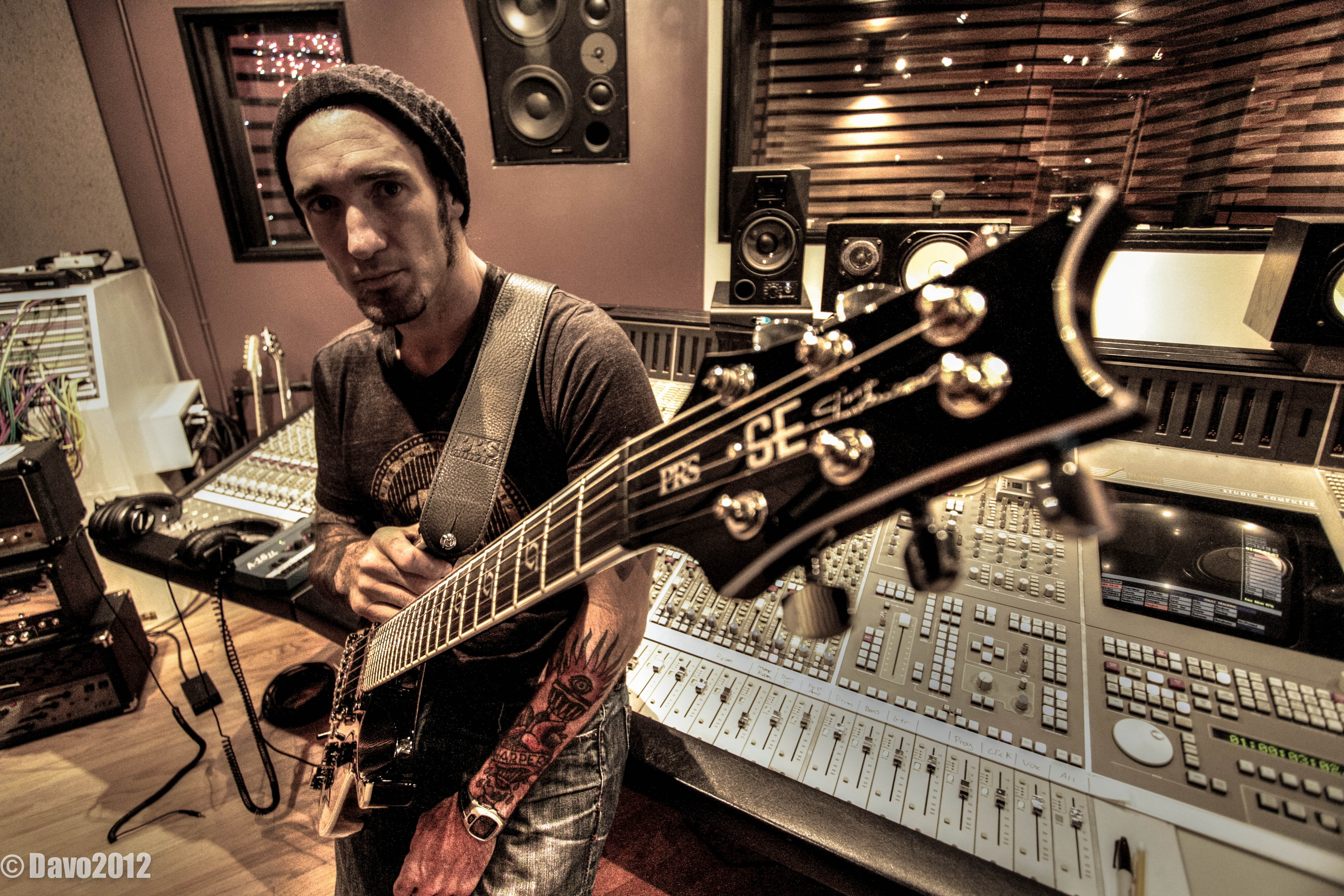
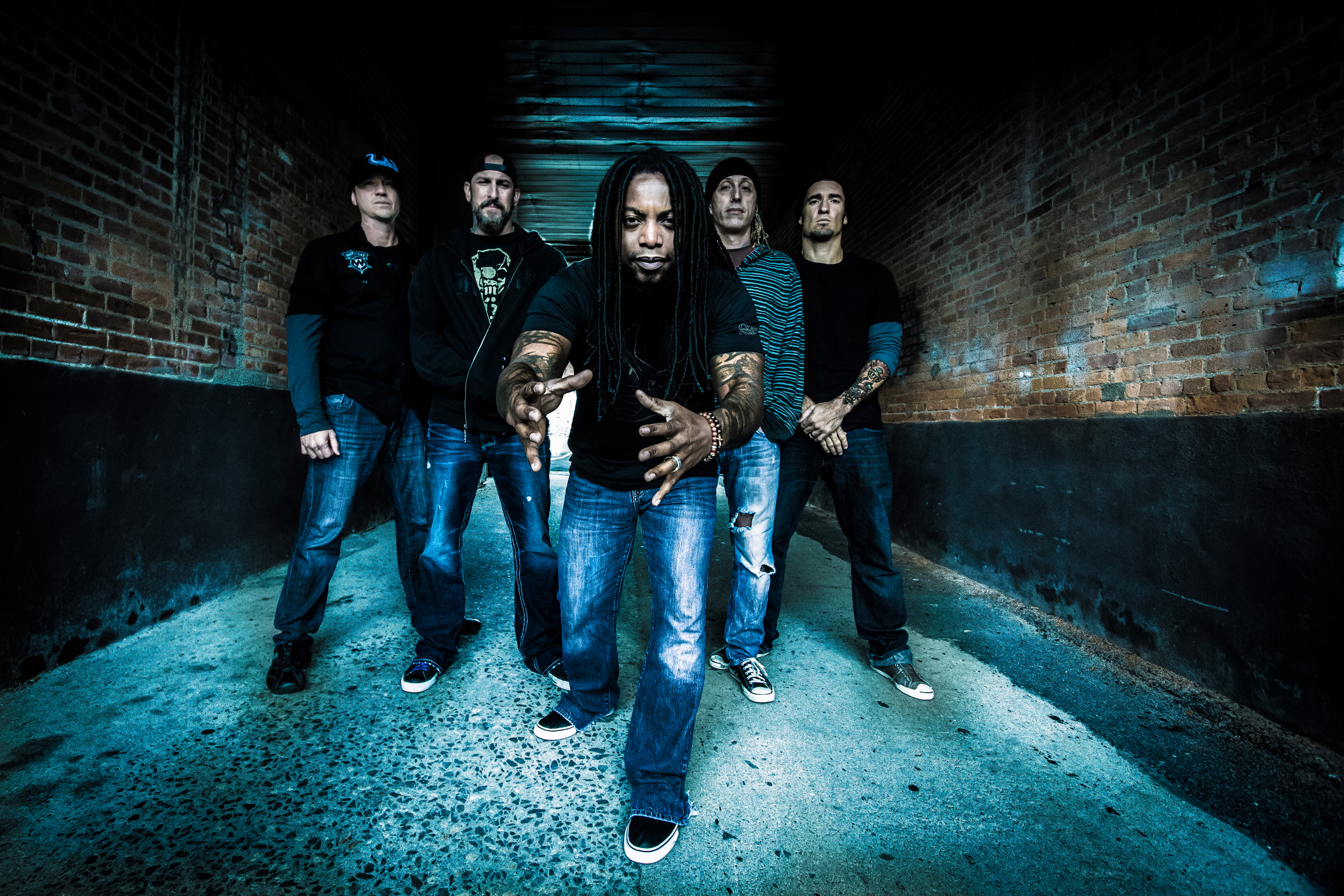
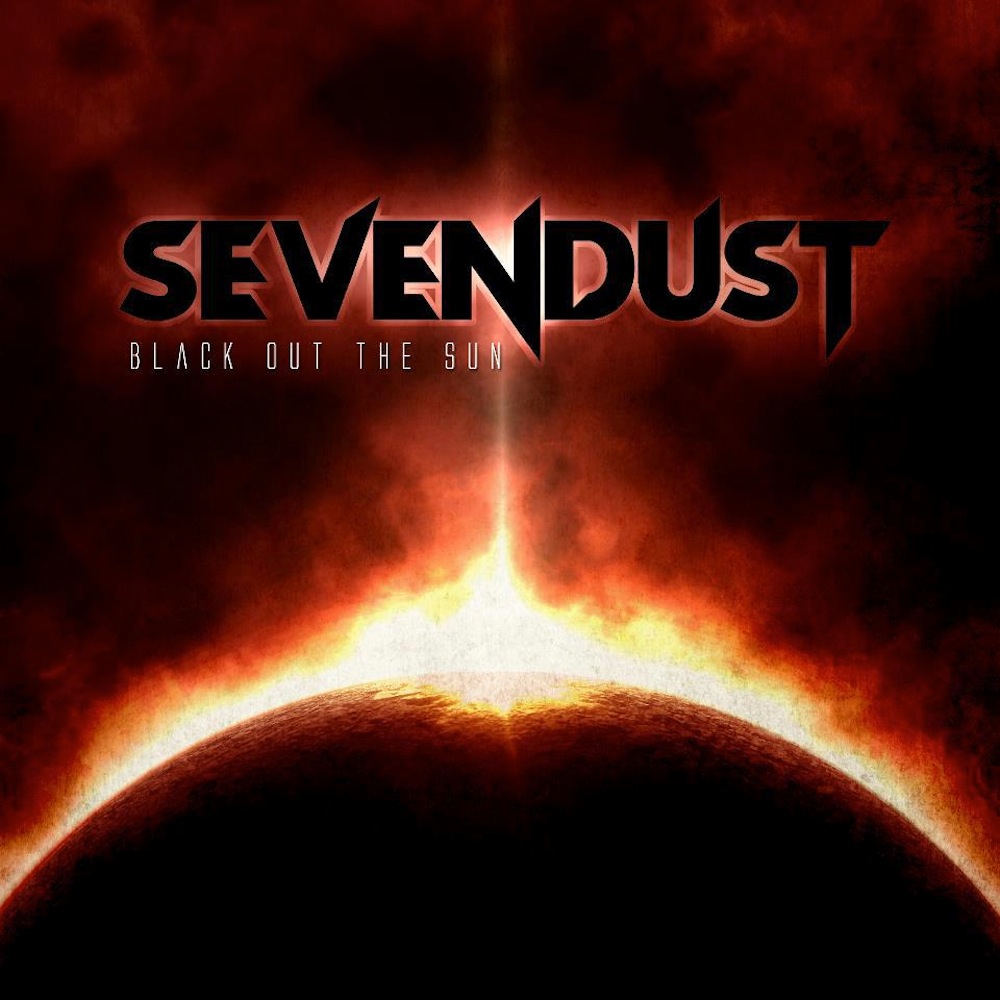
James is a guitarist and freelance writer who's interviewed some of the biggest names in music. He is the author of four books and his writing credits include work for Guitar World, AXS and Yahoo! as well as for his hometown newspaper where he writes on a variety of topics with both passion and humor. As a guitarist, he's performed everywhere from local bars and nightclubs to some of the biggest stages in front of thousands of music fans.
